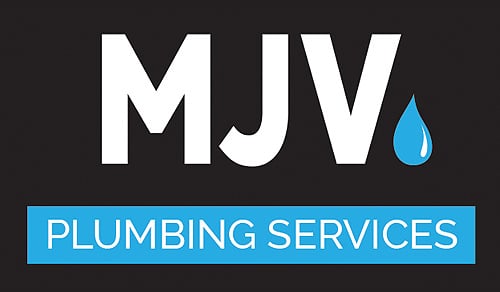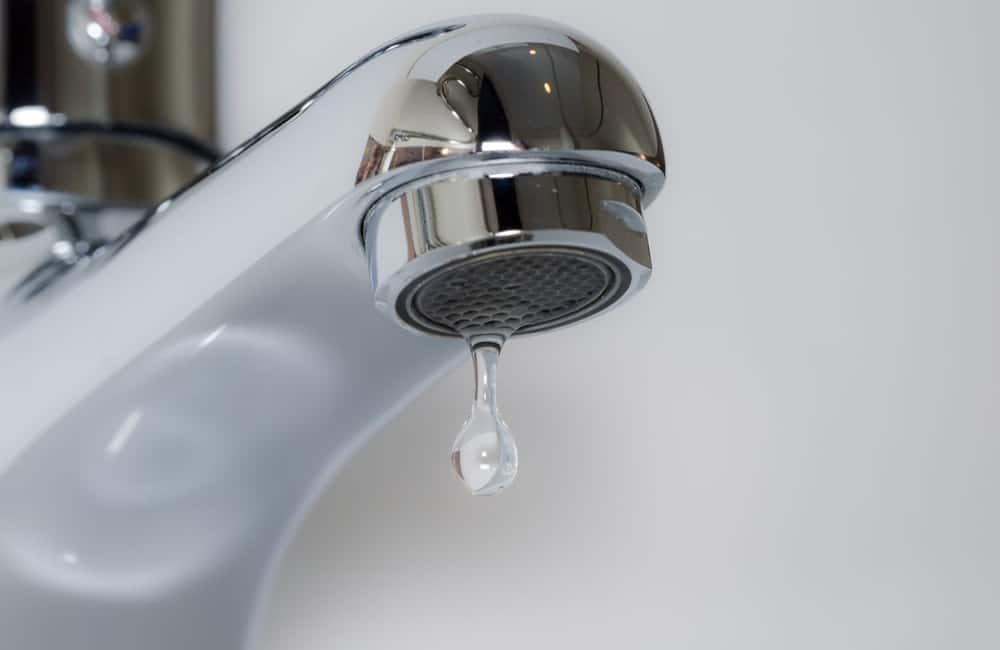Tap leakage might seem like a minor inconvenience, but if left unattended, it can lead to significant water wastage and inflated utility bills. Even the slightest leakage can add up to gallons of wasted water over time. Therefore, it’s crucial to take preventive measures to avoid tap leakage and maintain an efficient plumbing system in your home. In this guide, we will learn common causes of tap leakage, precautionary measures to prevent it, and DIY tips for fixing minor leaks.
Common Causes of tap Leakage
Before delving into preventive measures, it’s essential to understand the common causes of tap leakage. Some typical reasons include:
- Worn-out Washers: Over time, the rubber washers inside the tap handles can deteriorate, causing leaks around the handle area.
- Corroded Pipes: Corrosion of pipes or fittings can lead to small cracks or holes, resulting in water leakage.
- Improper Installation: Incorrect installation of taps, pipes, or fittings can create weak points prone to leaks.
- Excessive Water Pressure: High water pressure can put stress on tap components, leading to leaks or bursts.
- Hard Water Deposits: Hard water mineral buildup can accumulate inside taps, affecting their performance and causing leaks.
Identifying these causes can help homeowners take proactive steps to prevent tap leakage and avoid costly repairs down the line.
Preventive Measures for Avoiding tap Leakage
Regular Maintenance:
- Inspect taps periodically for signs of wear and tear, such as dripping or corrosion. Hire the services of Emergency Commercial Plumbing in case you find any significant leakage in your plumbing system.
- Tighten loose connections and replace worn-out washers or O-rings promptly to prevent leaks.
Proper Installation:
- Hire a professional plumber for correct tap installation, ensuring proper alignment and sealing.
- Use quality materials and follow the manufacturer’s instructions to prevent installation errors.
Avoiding Excessive Force:
- Turn tap handles gently to avoid damage to internal components.
- Avoid using excessive force when operating taps, which can lead to leaks and premature wear.
Using tap Aerators:
- Install tap aerators to reduce water flow and minimise wear on tap components.
- Aerators help conserve water and prevent leaks by maintaining consistent water pressure.
Regular Inspections:
- Regular inspections of taps, pipes, and connections should be conducted to check for signs of leakage or damage.
- Look for water stains, corrosion, or dripping taps, and address leakage issues promptly to prevent further damage.
DIY Tips for Fixing Minor Leaks
If you encounter minor leaks, you can try the following DIY techniques to address them:
- Replacing Washers: Turn off the water supply to the tap and disassemble the handle to access the washer. Replace the worn-out washer with a new one and reassemble the tap.
- Tightening Connections: To stop minor leaks, use a wrench to tighten loose connections or fittings, such as nuts or bolts.
- Applying Thread Seal Tape: Wrap thread seal tape around the threads of pipe fittings to create a watertight seal and prevent leaks.
- Cleaning tap Components: Remove mineral deposits or debris from tap components using vinegar or a commercial cleaning solution to improve performance and prevent leaks.
DIY Fixes vs Professional Plumbing Service: Which one is Better?
Choosing between DIY fixes and professional plumbing services depends on the complexity of the issue, your level of expertise, and your willingness to invest time and effort into the repair. Here’s a comparison to help you decide which option is best for you:
DIY Fixes
- Cost-effective: DIY fixes are generally more affordable since you won’t incur labour costs for hiring a professional plumber, but they are only suitable for minor issues.
- Convenience: You can address minor leaks or simple repairs on your schedule without waiting for a plumber to be available.
- Learning Experience: DIY repairs can be a valuable learning experience, allowing you to gain knowledge and skills in plumbing maintenance.
- Immediate Action: DIY tips allow you to take immediate action to address minor issues, prevent further damage, and minimise water wastage.
Professional Plumbing Services:
- Expertise and Experience: Professionals have the knowledge, training, and expertise to accurately diagnose and fix plumbing issues of any complexity.
- Comprehensive Solutions: Professional plumbing services offer comprehensive solutions, ensuring the problem is addressed effectively and preventing future issues.
- Time-saving: Hiring a professional plumber like MJV Plumbing Services saves you time and effort since they can quickly identify and resolve plumbing problems, minimising downtime.
- Guarantees and Warranties: Many professional plumbing services offer guarantees or warranties for their work, providing peace of mind and assurance of quality service.
Preventing tap leakage is essential for conserving water, avoiding costly repairs, and maintaining a functional plumbing system in your home. By taking preventive measures such as regular maintenance, proper installation, and DIY fixes for minor leaks, homeowners can ensure leak-free taps and contribute to water conservation efforts. Remember to promptly address any signs of leakage and seek professional help for complex issues to keep your plumbing system in optimal condition for years to come.

